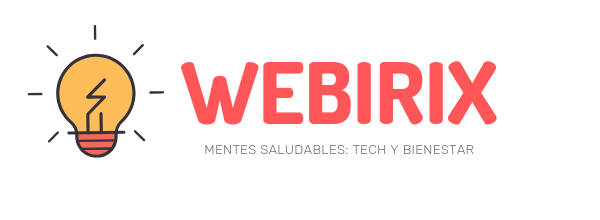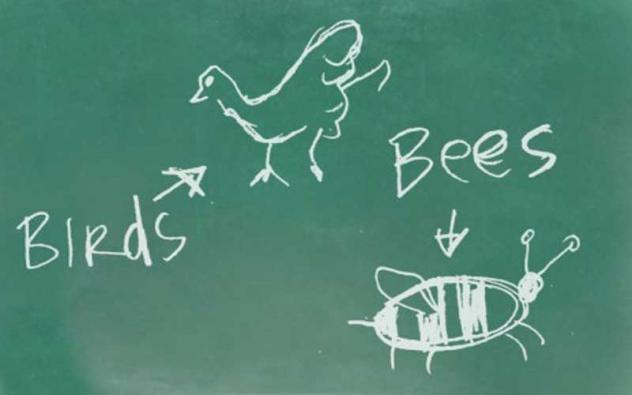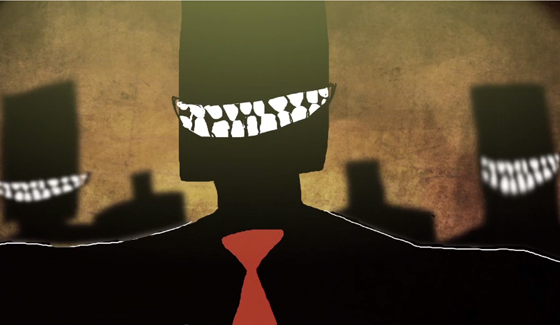In most cases, they are misinformed, said Nélida Padilla, an academic at the FES Iztacala.
In matters of sexual and reproductive health, the Internet is flooded with data and quick tips that young people consult as the first source of information to clear their doubts, without taking into account that many of these contents lack scientific and theoretical foundation, warned Nélida Padilla, Academic of the Faculty of Higher Studies (FES) Iztacala of the UNAM.
They frequently go to search engines, pages, blogs, social networks, even some applications to seek answers or suggestions on topics that concern them, such as prevention of pregnancy, sexual practices and preferences, and use of condoms and other contraceptive methods.
"However, in most cases they are misinformed, and we have verified this in the work we do in our sexuality workshops at the FES, because they refer wrong information."
Some YouTube channels or Facebook pages offer information that is not always adequate. For example, derived from these consultations, young people propose the use of the emergency pill as a contraceptive method, “this means that they have information, but it is not integrated or well assimilated, therefore it is not part of their daily coping tools in situations risk ”, he stated.
They seek information, but if we take into account the high rates of unwanted pregnancies in adolescents and the cases of contagion of sexually transmitted infections, we deduce that this knowledge does not guarantee that they are adequately protected.
They also look for information based on knowledge they have since middle or high school, such as condom use, but when they go to the workshops they are asked to explain how to do it and many do not know.
Another topic that they investigate on the net is how to give variety and fun to erotic life; They install applications on their cell phones, but they are few and are not focused on integrating tools for their care and protection, he emphasized.
When looking for information on the Internet, the important thing is that young people know which pages are the most appropriate and where to turn if they have problems, he insisted.
When looking for information about your sexuality or sexual health, it is better to verify the source and who validates the data (a multi and interdisciplinary team or institutions such as the Mexican Federation of Sexual Education and Sexology, the World Health Organization, Planned Parenthood or the Association World Sexology). They can also go to a sexologist or sex educator, he recommended.
"It is necessary to reach the new generations by all means, give them information that facilitates their training, the integration of their knowledge in matters of sexual health, life as a couple, maternity or paternity, doubts about sexual orientation."
These issues must be naturalized so that they are no longer taboo, and as this happens there will be a greater impact on the decrease in the numbers of adolescent pregnancy or sexually transmitted infections, he concluded.
Via UNAM














No Comment